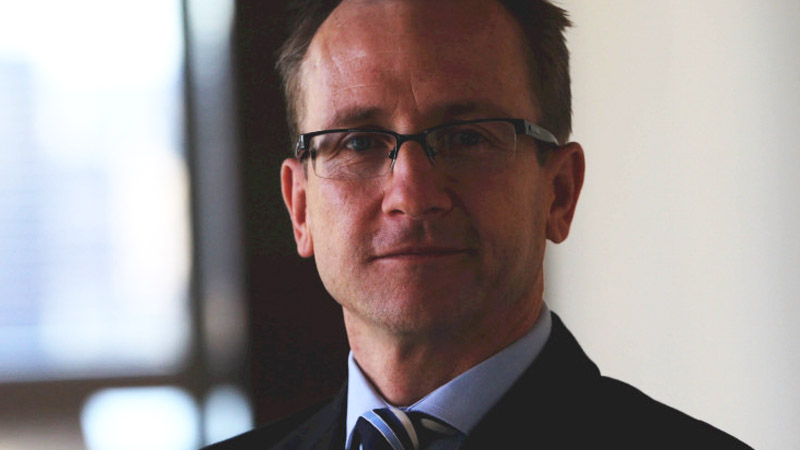Security concerns raised over FASEA exam platform
Security concerns around the remote proctoring software used by FASEA in its remote exam sessions are prompting dealer groups to reconsider whether advisers should expose their practices to a potential data breach.
In an upcoming episode of the official podcast of sister title ifa, The ifa Show, Australian Unity Advice executive general manager Matt Brown said the group had advised its self-employed planners not to attempt the remote exam sitting using the ProctorU software due to concerns around the susceptibility of the platform to hacking.
“Because of the platform they’re using, from an IT and security perspective, we are counselling our self-employed advisers to take care in doing it,” Mr Brown said.
“They’ve got to make that decision because the platform can, from what we’ve been told - and I’m not an IT expert by any stretch - be quite easily hacked from third parties and once they’re into the system, god knows where in your PC they can go.”
ProctorU, which has been a popular choice with major Australian universities as they set up remote exam capabilities for students amid the COVID-19 crisis, requires exam candidates to input photo identification as well as allowing remote proctors access to their computer’s camera, microphone and screen through the computer’s firewall.
It has faced privacy concerns within other educational institutions that are using the software, with the University of Queensland’s student union garnering almost 4,000 signatures from students demanding the university drop the requirement for students in self-isolation to use the platform when taking their exams.
The platform’s privacy policy allows data accessed through its software to be on-sold to third parties in the event of a merger, acquisition, reorganisation, bankruptcy or asset sale.
Mr Brown said while he applauded FASEA’s “innovation” in offering a remote exam option, advisers would need to weigh up for themselves whether the potential security risks were worth attempting a remote sitting.
“I would encourage advisers to take care around that remote setting from a practical standpoint, and just sit the exam when you’re ready,” he said.
AFA general manager of policy and professionalism Phil Anderson also conceded advisers working for larger institutions could face problems sitting the exam remotely due to the security protocols of their employer or dealer group.
“The FASEA advice is that it is only going to be an issue of substance for those groups that have tight IT security controls — the use [the proctor’s] need is very limited, but it may cause a problem with some of the larger institutions that have tighter controls,” Mr Anderson said.
However, he added it was a problem the industry would need to work out a long-term solution for, given the necessity of advisers in remote locations in particular to rely on online proctoring even when the COVID-19 crisis had abated.








